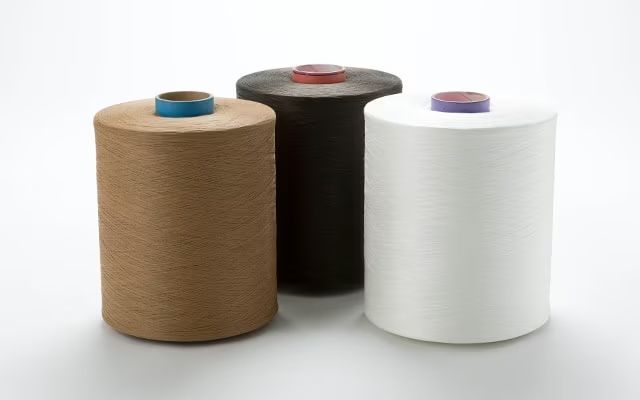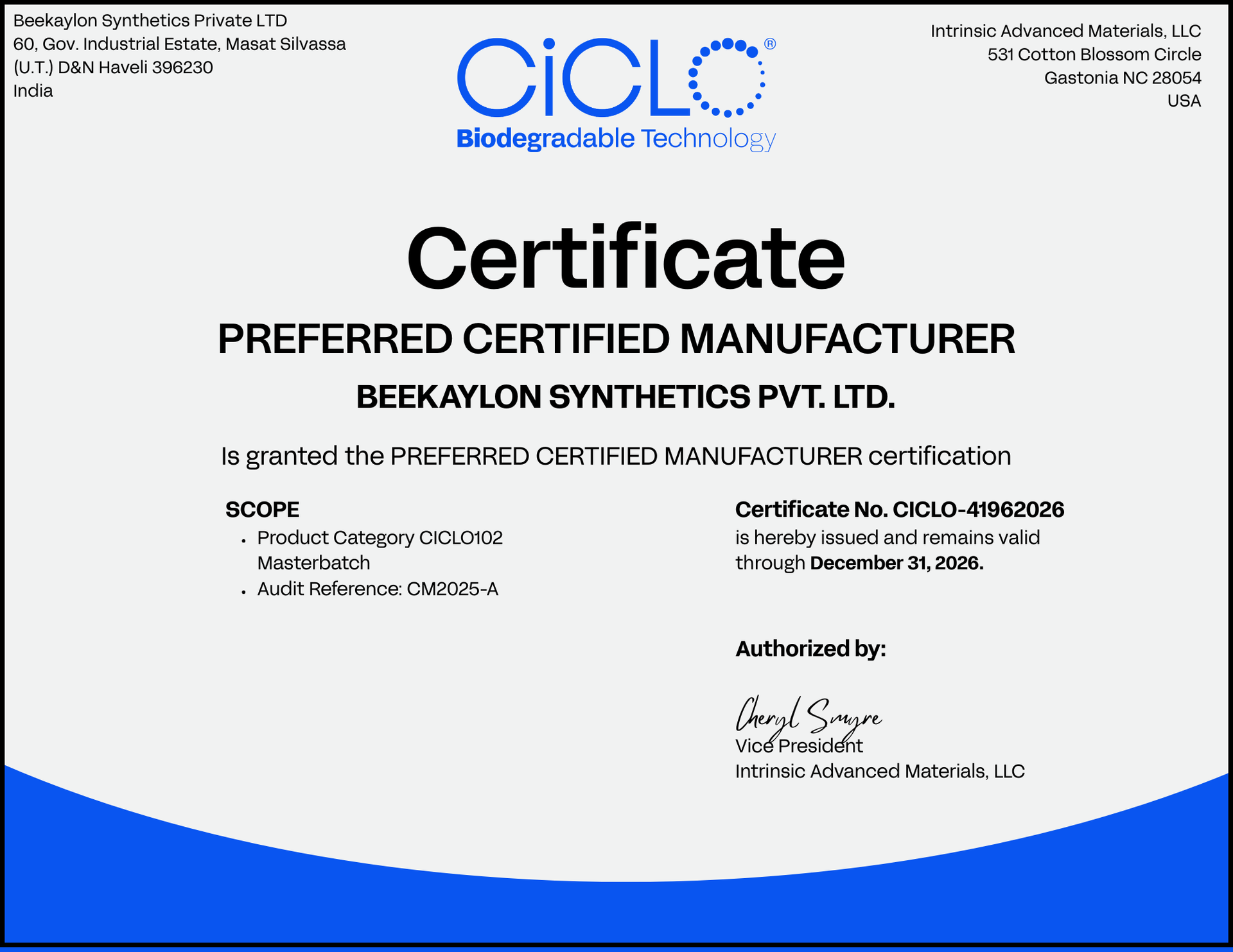Digitalization and the Future of Textile Design
The textile industry is at the cusp of a digital revolution, with AI, machine learning, and advanced digital tools transforming how we approach textile design. These innovations are not only enhancing creativity but also optimizing processes to create efficient, personalized, and sustainable solutions for the modern market.
Role of AI and Machine Learning in Textile Design
AI and machine learning have become integral to the textile design process, enabling designers to predict trends, streamline production, and create customized solutions for customers. These technologies analyze massive datasets, from consumer preferences to past sales trends, offering insights that guide design choices. Machine learning algorithms can also simulate textile patterns and colors, reducing the need for physical prototypes and saving resources.
For instance, predictive models can determine how fabrics will behave under different conditions, improving durability and functionality. AI tools such as generative design software empower designers to explore a multitude of design possibilities in seconds, fostering innovation at an unprecedented pace.
Digital Tools for Personalization and Efficiency
Digital tools like CAD software and 3D modeling are transforming the design landscape by enabling virtual prototyping. Designers can now visualize fabrics in a virtual environment, tweaking textures, patterns, and even drape without needing physical samples. This not only accelerates the design process but also significantly reduces waste.
Furthermore, digital printing technology is allowing for unparalleled personalization in textile production. Customers can order fabrics with unique patterns, colors, or designs tailored to their preferences, while businesses can produce small batches efficiently without incurring high costs.
Beekaylon’s Commitment to Innovation
At Beekaylon, innovation is more than a commitment—it's a way of life. This ethos is evident in groundbreaking developments like Puriflex, a yarn designed to bring superior performance and versatility to diverse applications, and our collaboration with CiCLO, which enables the production of biodegradable synthetic fibers for a more sustainable future. Additionally, our state-of-the-art Continuous Polymerization Plant stands as a testament to our dedication to efficiency and environmental responsibility, ensuring a seamless process from raw material to high-quality yarn.
These milestones reflect Beekaylon's relentless drive to redefine industry standards while addressing global challenges. By combining advanced technology with a vision for sustainability, we continue to shape the future of textiles.
To further our commitment to innovation, Beekaylon actively invests in cutting-edge technology and research to stay ahead in the fast-paced textile industry. Our collaboration with global partners enables us to incorporate emerging technologies, such as artificial intelligence and digital analytics, into our processes. This ensures that we not only deliver superior quality but also contribute to creating a more sustainable and efficient textile supply chain.
From pioneering eco-friendly solutions to embracing automation in yarn production, Beekaylon sets benchmarks that inspire the industry to evolve. Whether it's through transformative product lines or technological advancements, our unwavering focus on innovation helps us meet the dynamic demands of customers while safeguarding the environment for future generations.
Digitalization: The Catalyst for Personalization
In the evolving textile industry, the integration of digital tools has allowed designers to cater to individual preferences on an unprecedented scale. AI-powered platforms analyze consumer data to create patterns, colors, and designs that align with market trends and personal tastes. This personalization is not only enhancing customer satisfaction but also reducing waste by aligning production with actual consumer demand. For instance, virtual design tools allow customers to visualize and modify designs before production, ensuring a more accurate translation of their preferences into finished products.
Machine learning algorithms have also brought efficiency to design processes. These systems can quickly analyze existing designs, predict trends, and propose new ideas, freeing up designers to focus on creativity. This combination of personalization and efficiency is transforming the traditional workflow, making it more adaptive and forward-thinking.
Bridging Tradition and Technology
While the industry rapidly moves towards digitalization, it also strives to retain the essence of traditional textile artistry. Tools such as digital looms enable the incorporation of intricate, heritage-inspired patterns into modern textiles. AI can replicate traditional craftsmanship in a way that respects its original charm while optimizing it for contemporary production techniques. This fusion ensures that the richness of tradition is not lost in the race toward technological advancement.
With digitalization, the boundaries of textile design are expanding, blending history and innovation seamlessly. The industry now stands at an exciting juncture, where technology doesn't overshadow tradition but enhances its value, creating textiles that are meaningful, sustainable, and uniquely beautiful.
A Sustainable and Digital Future
The integration of digital technologies in textile design is not just about efficiency and creativity—it’s also about sustainability. By reducing waste through virtual sampling and enabling on-demand production, the industry is moving closer to a circular economy. With digitalization as its cornerstone, the future of textile design promises to be more inclusive, innovative, and environmentally conscious.
As the industry evolves, companies like Beekaylon are leading the charge, ensuring that textiles of tomorrow meet the demands of a digitally savvy and sustainability-focused world.



